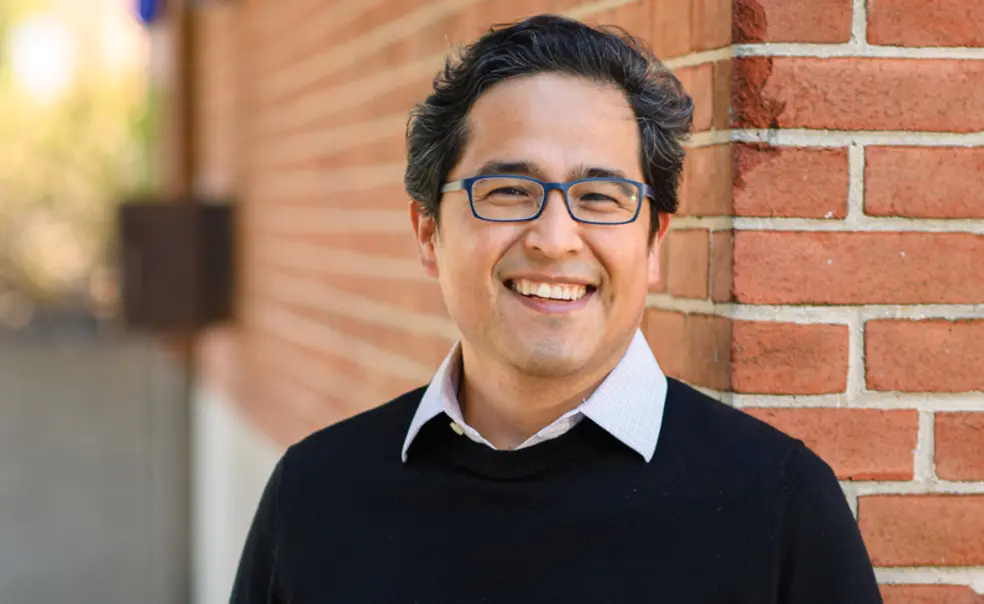Students Partner on Tech Projects Designed to Help Workers
News stories exploring “the future of work” often focus on the jobs that may be displaced as artificial intelligence plays a growing role in the economy. But Andrés Monroy-Hernández, an assistant professor of computer science and co-leader of Princeton’s Human Computer Interaction Lab, is more interested in the way technology is shaping the experiences of low-income workers today. If you earn a living in the gig economy, he said, “you don’t have a human boss — your boss is the algorithm.”
Monroy-Hernández’s seminar course, Designing the Future of Work, digs into some of the tech-related issues workers encounter and tries to address them through team projects with partner organizations. In the spring semester, the class drew 10 students, mostly from the social sciences and computer science, and they hit the ground running, learning about potential projects on the first day of classes and then completing a form to share their skills and interests, which Monroy-Hernández used to organize teams.
One group was paired with a workers’ co-op in Africa that aims to improve conditions for the people who do data labeling and content moderation for tech giants such as OpenAI and Meta. When talking with tech executives about the co-op model, Monroy-Hernández said, the students learned that their best chance at success was to make a business case for their members (such as their experience, the quality of their work, or their familiarity with legal requirements like nondisclosure agreements).
Another group collaborated with Drivers Union in Washington state to decipher data from legal cases involving rideshare drivers who believe they’ve been unfairly deactivated from platforms such as Uber and Lyft. Their insights could give union lawyers a better sense of which challenges are most likely to succeed. And a third group helped the nonprofit Workers Lab create tools to track changes on the websites of government agencies such as the Department of Labor, providing useful information for worker advocates.
Nadine Allache ’26, a Near Eastern studies major who is interested in entrepreneurship, said she was attracted to the class by the idea of technology that is designed to empower. Guest speakers and readings gave her insight into the gig economy, and the group project turned her focus to design thinking and teamwork.
“It almost felt like two classes happening at once,” Allache said. “But looking back on it, it really did go hand in hand.”
Monroy-Hernández said the group projects give students real-world examples to carry with them as they begin their own job interviews. The course’s aim, he said, is to get them thinking about “the ethical implications of ... existing platforms and also the kinds of work that you could do to mitigate those challenges.”












No responses yet